The Dangers Of Reckless Driving
 Each year, millions of victims suffer severe, life-altering injuries and tragic fatalities in accidents on the road. The roads in Western New York are dangerous enough without even considering reckless drivers. Reckless driving poses a substantial risk to the motorist, occupants of other vehicles, pedestrians, and everyone else on the road. Unfortunately, many drivers engage in reckless driving despite knowing that these destructive behaviors considerably heighten their risk of causing a devasting accident.
Each year, millions of victims suffer severe, life-altering injuries and tragic fatalities in accidents on the road. The roads in Western New York are dangerous enough without even considering reckless drivers. Reckless driving poses a substantial risk to the motorist, occupants of other vehicles, pedestrians, and everyone else on the road. Unfortunately, many drivers engage in reckless driving despite knowing that these destructive behaviors considerably heighten their risk of causing a devasting accident.
What Is Reckless Driving?
In the 1990s, the term “reckless driving” emerged to describe dangerous behaviors behind the wheel. The National Highway Traffic Safety Administration (NHTSA) defines reckless driving as operating a vehicle in any way that can cause danger to others on the road.
 Buffalo Personal Injury Lawyer News
Buffalo Personal Injury Lawyer News


 Even the smallest car outweighs the sturdiest of bicycles by a considerable margin. When cycling, the protection offered to riders is minimal, almost non-existent. Cyclists are alarmingly vulnerable to severe injuries in the event of a collision with a motor vehicle. From bone fractures and traumatic brain injuries to organ damage and even death, the impact is bound to be life-altering. The financial ramifications of a car accident as a bicyclist can be grave, as emergency medical treatments and hospitalization typically come at a steep price.
Even the smallest car outweighs the sturdiest of bicycles by a considerable margin. When cycling, the protection offered to riders is minimal, almost non-existent. Cyclists are alarmingly vulnerable to severe injuries in the event of a collision with a motor vehicle. From bone fractures and traumatic brain injuries to organ damage and even death, the impact is bound to be life-altering. The financial ramifications of a car accident as a bicyclist can be grave, as emergency medical treatments and hospitalization typically come at a steep price. Walking is a great way to get around and get some exercise in the process. Pedestrians can help reduce their carbon footprint while enjoying some fresh air. No wonder walking has become increasingly popular in recent times. However, if you prefer walking, being aware of the risks of being involved in a pedestrian accident is crucial. According to the National Highway Traffic Safety Administration (NHTSA), in a recent year alone, there were roughly 6,300 pedestrians killed in traffic-related accidents. When on foot, you are approximately 1.5 times more susceptible to being fatally injured in an accident than car occupants.
Walking is a great way to get around and get some exercise in the process. Pedestrians can help reduce their carbon footprint while enjoying some fresh air. No wonder walking has become increasingly popular in recent times. However, if you prefer walking, being aware of the risks of being involved in a pedestrian accident is crucial. According to the National Highway Traffic Safety Administration (NHTSA), in a recent year alone, there were roughly 6,300 pedestrians killed in traffic-related accidents. When on foot, you are approximately 1.5 times more susceptible to being fatally injured in an accident than car occupants. 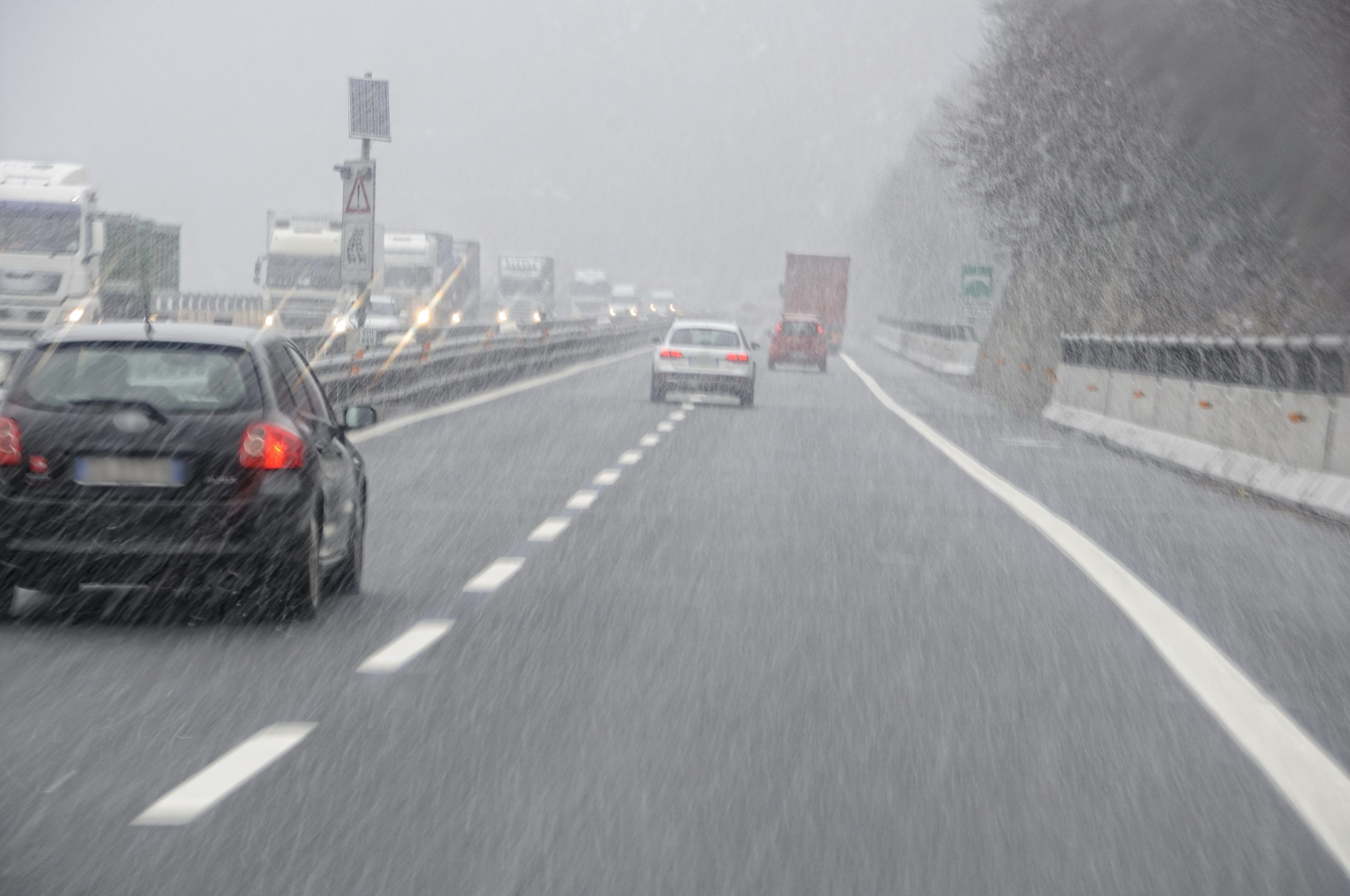 While car crashes can happen just about any time, the risk of being involved in a collision significantly increases in bad weather. In fact, bad weather conditions are notorious for causing devastating car accidents throughout Western New York. Heavy rain, intense snowfall, poor visibility, and slick roads can all easily cause you to lose control of your vehicle. Driving in poor weather conditions is even more dangerous when drivers fail to take proper safety precautions to prevent unnecessary accidents.
While car crashes can happen just about any time, the risk of being involved in a collision significantly increases in bad weather. In fact, bad weather conditions are notorious for causing devastating car accidents throughout Western New York. Heavy rain, intense snowfall, poor visibility, and slick roads can all easily cause you to lose control of your vehicle. Driving in poor weather conditions is even more dangerous when drivers fail to take proper safety precautions to prevent unnecessary accidents. 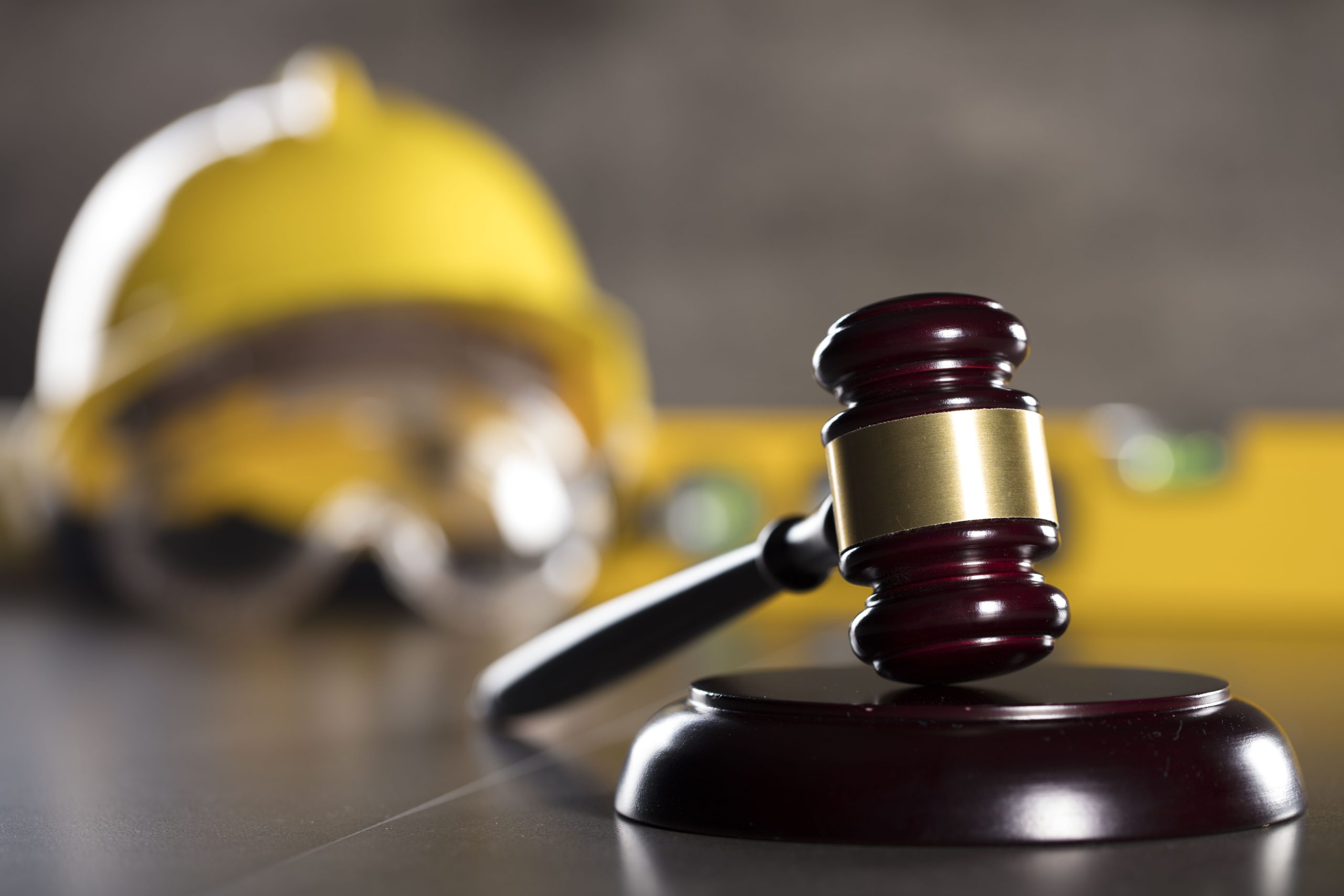 Local municipalities, Erie County, and New York State have enacted various building codes and other standards to ensure public safety. These codes regulate the construction, repair, and maintenance of shopping malls, residential properties, and large office buildings. When building code violations and other property owner negligence occur, devastating personal injury accidents are bound to happen. Suppose you, or a loved one, were injured as a guest or visitor on someone else’s property. In that case, you may be entitled to pursue a premises liability lawsuit against the owner or other responsible party.
Local municipalities, Erie County, and New York State have enacted various building codes and other standards to ensure public safety. These codes regulate the construction, repair, and maintenance of shopping malls, residential properties, and large office buildings. When building code violations and other property owner negligence occur, devastating personal injury accidents are bound to happen. Suppose you, or a loved one, were injured as a guest or visitor on someone else’s property. In that case, you may be entitled to pursue a premises liability lawsuit against the owner or other responsible party. 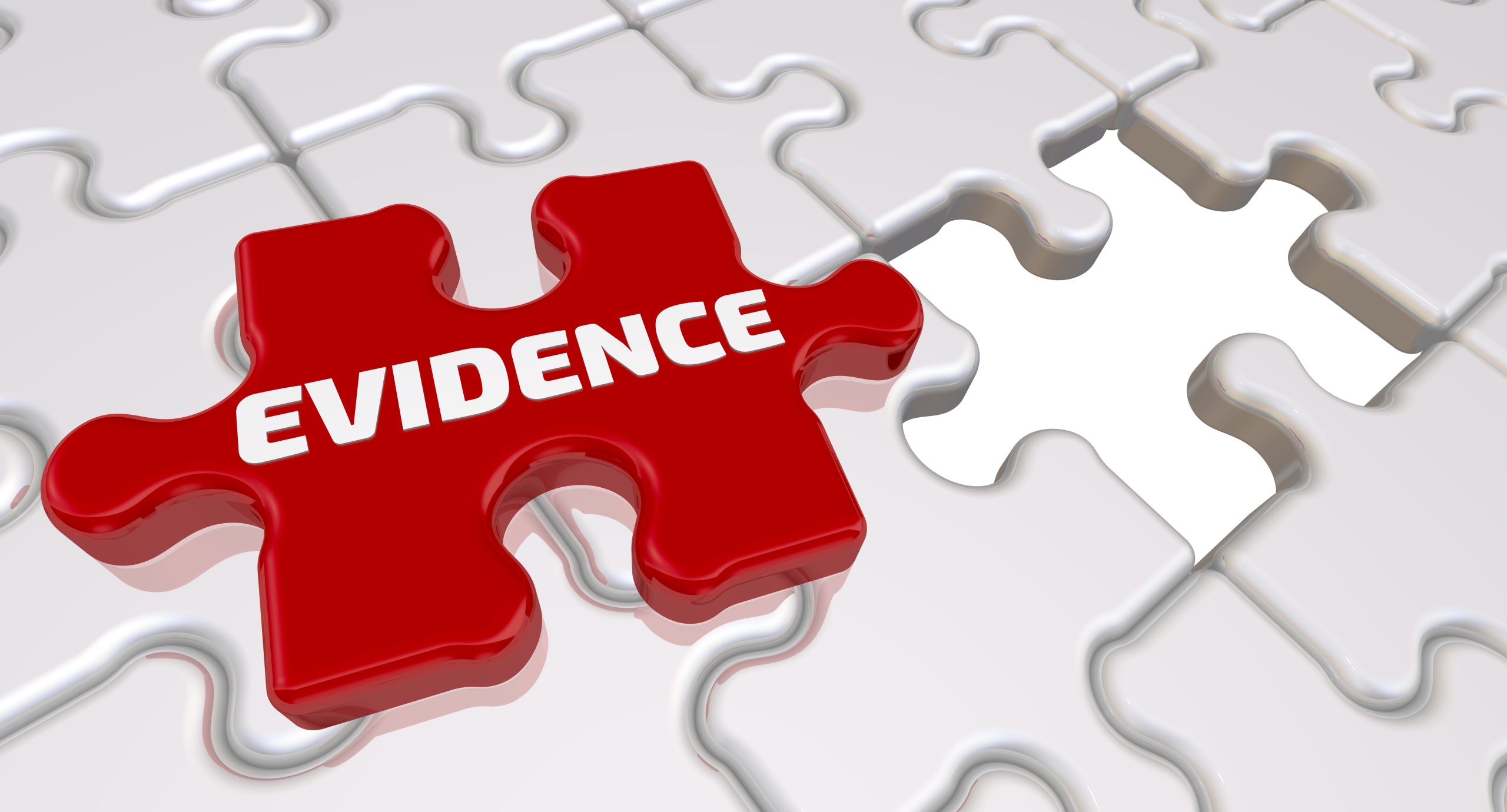 Suppose that you were severely injured because of another’s carelessness or recklessness. You may wonder how much evidence you need to win your personal injury lawsuit. Under New York law, plaintiffs in personal injury cases have the burden of proof. In other words, for the defendant to be held legally responsible, you must prove that they were negligent. Considering that insurance adjusters and jury members were not at the accident scene, your lawyer must use evidence to demonstrate your version of events. The outcome of your case will be highly contingent upon the quality of evidence you can provide. The more evidence your attorney has to substantiate the case, the higher your chances are of reaching a reasonable settlement or winning in court.
Suppose that you were severely injured because of another’s carelessness or recklessness. You may wonder how much evidence you need to win your personal injury lawsuit. Under New York law, plaintiffs in personal injury cases have the burden of proof. In other words, for the defendant to be held legally responsible, you must prove that they were negligent. Considering that insurance adjusters and jury members were not at the accident scene, your lawyer must use evidence to demonstrate your version of events. The outcome of your case will be highly contingent upon the quality of evidence you can provide. The more evidence your attorney has to substantiate the case, the higher your chances are of reaching a reasonable settlement or winning in court. 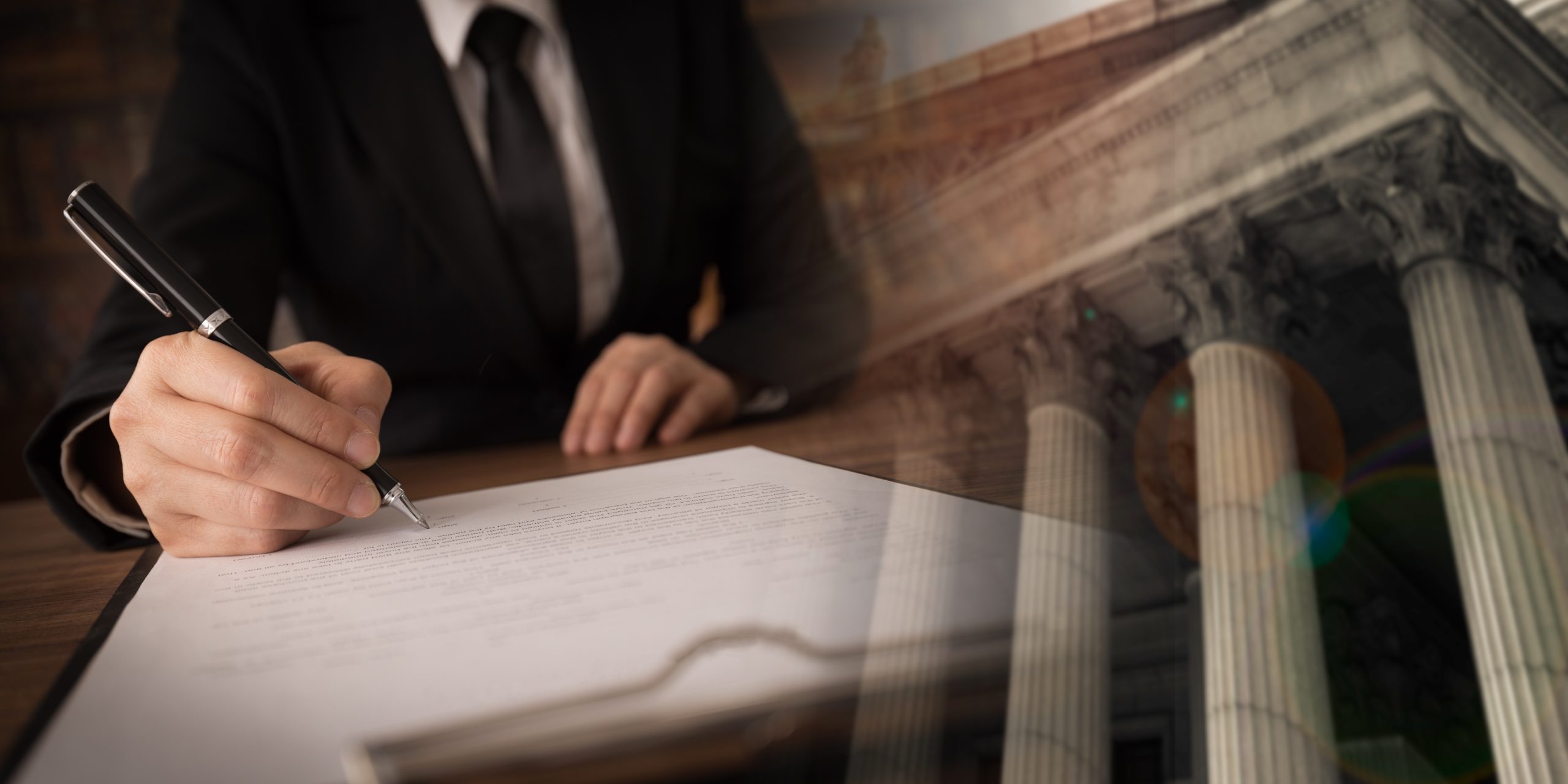 After suffering devastating injuries in any type of accident, you are likely feeling helpless and overwhelmed. If another’s carelessness or irresponsibility caused your injuries, you might be eligible to pursue a personal injury lawsuit. The Dietrich Legal Team’s veteran litigators realize that the litigation process may seem both complex and intimidating. Our lawyers believe that by helping you better understand the legal process, we can eliminate most of your stress and uncertainty.
After suffering devastating injuries in any type of accident, you are likely feeling helpless and overwhelmed. If another’s carelessness or irresponsibility caused your injuries, you might be eligible to pursue a personal injury lawsuit. The Dietrich Legal Team’s veteran litigators realize that the litigation process may seem both complex and intimidating. Our lawyers believe that by helping you better understand the legal process, we can eliminate most of your stress and uncertainty.  Employers are typically in charge of overseeing employees and other staff members. Employers have a legal duty to the public to supervise their workers sufficiently. When an employer fails to exercise appropriate supervision, that business can be held liable through a negligent supervision claim. An accident victim may be entitled to pursue a lawsuit against the company of an employee who caused their injuries. Consequently, multiple parties are often held legally responsible in accidents involving careless workers.
Employers are typically in charge of overseeing employees and other staff members. Employers have a legal duty to the public to supervise their workers sufficiently. When an employer fails to exercise appropriate supervision, that business can be held liable through a negligent supervision claim. An accident victim may be entitled to pursue a lawsuit against the company of an employee who caused their injuries. Consequently, multiple parties are often held legally responsible in accidents involving careless workers.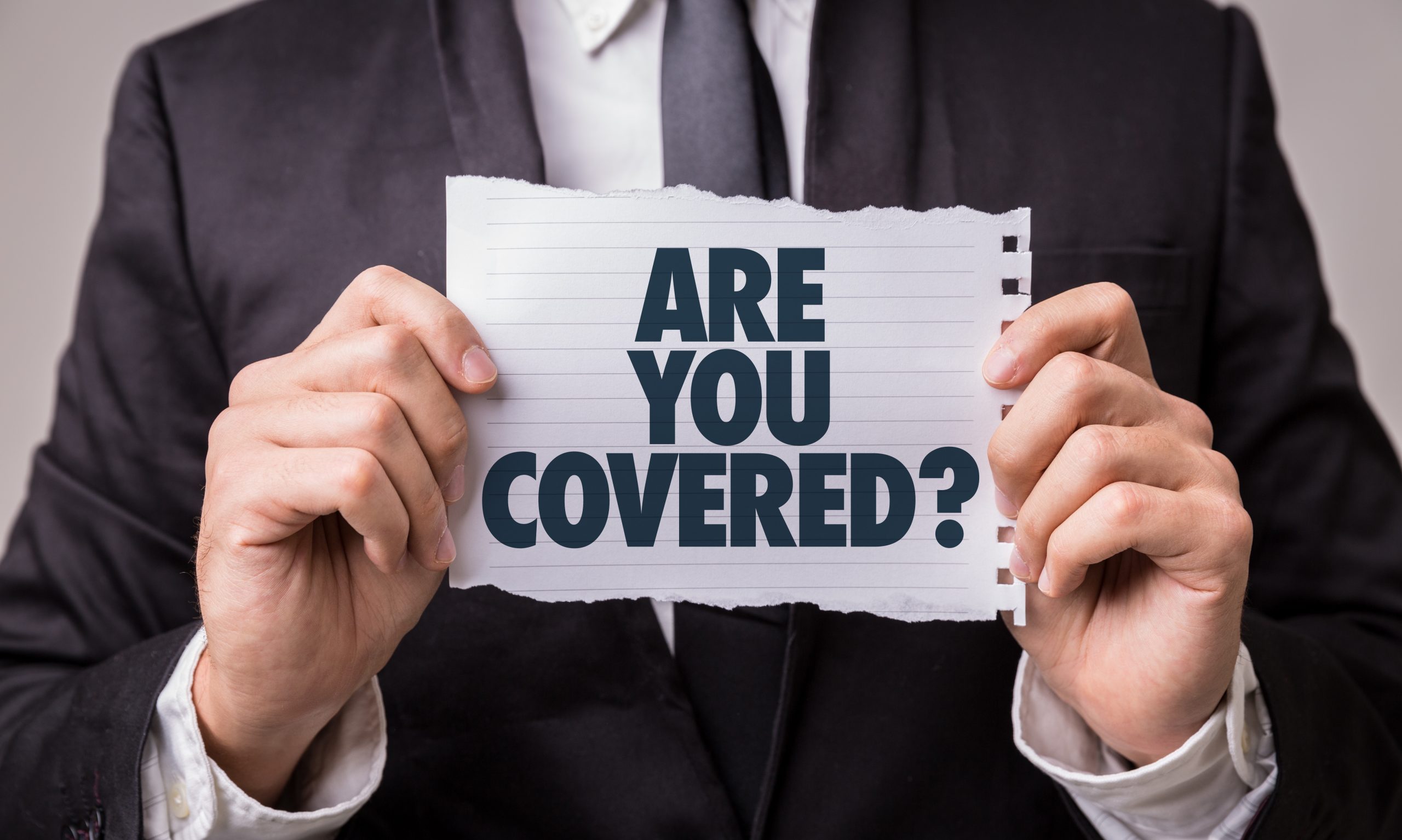 Each year, over 10 million victims are treated in emergency departments nationwide for home-related injuries. Fortunately, almost every homeowner carries insurance, and many tenants maintain renter policies. This type of insurance shields residential property owners against personal liability when someone else suffers bodily harm or property damage in an accident caused by the homeowner’s negligence. While homeowner’s insurance is typically regarded as protection against property damage, these policies also provide crucial liability coverage for guests’ injuries.
Each year, over 10 million victims are treated in emergency departments nationwide for home-related injuries. Fortunately, almost every homeowner carries insurance, and many tenants maintain renter policies. This type of insurance shields residential property owners against personal liability when someone else suffers bodily harm or property damage in an accident caused by the homeowner’s negligence. While homeowner’s insurance is typically regarded as protection against property damage, these policies also provide crucial liability coverage for guests’ injuries. 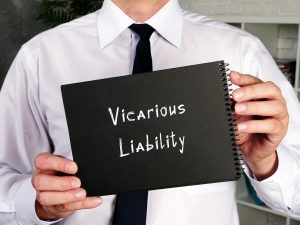 The legal doctrine of vicarious liability is a form of secondary liability, meaning that one party can be held accountable for the acts of another. Vicarious liability commonly arises out of the legal responsibility employers have for the actions of their employees. In other words, when an employee’s negligence or irresponsibility during the scope of their employment causes an injury, their employer may also be held liable. Throughout history, various legal terms, such as
The legal doctrine of vicarious liability is a form of secondary liability, meaning that one party can be held accountable for the acts of another. Vicarious liability commonly arises out of the legal responsibility employers have for the actions of their employees. In other words, when an employee’s negligence or irresponsibility during the scope of their employment causes an injury, their employer may also be held liable. Throughout history, various legal terms, such as